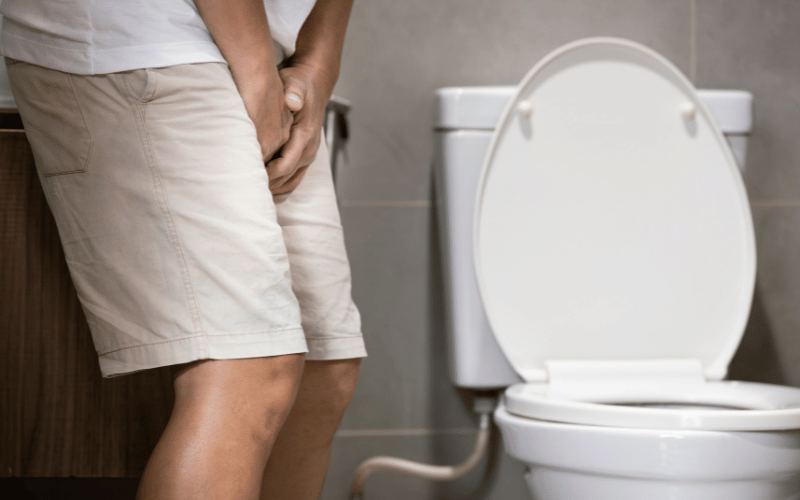6. Frequent Nighttime Bathroom Visits: Not Just a Full Bladder

The frequent need to urinate during the night, known as nocturia, isn’t just about drinking too much before bedtime. For those with OSA, the condition disrupts the production of an antidiuretic hormone that helps regulate urine production. This imbalance leads to increased urine production and, consequently, frequent bathroom trips.
Besides the obvious inconvenience, nocturia has more profound effects. Every trip to the bathroom is another disruption in the sleep cycle. The combination of disturbed sleep due to apneas and these frequent awakenings compounds fatigue and cognitive dysfunction during the daytime.
As with all these symptoms, the key is pattern recognition. A holistic view of one’s health, considering all signs and symptoms in tandem, will provide the clearest path toward a diagnosis and subsequent treatment. (6)